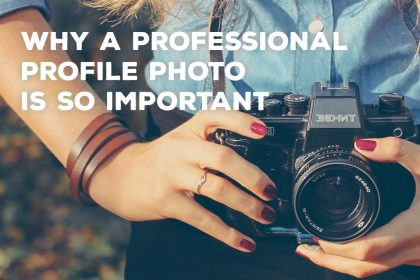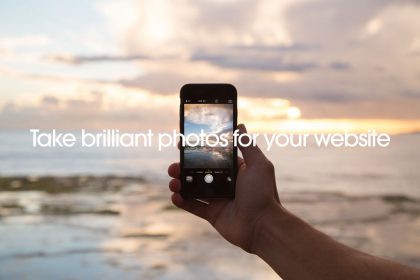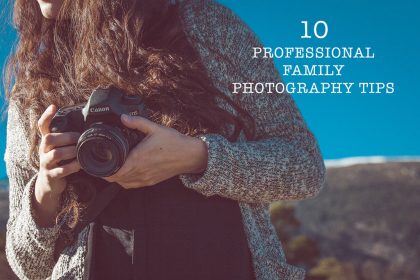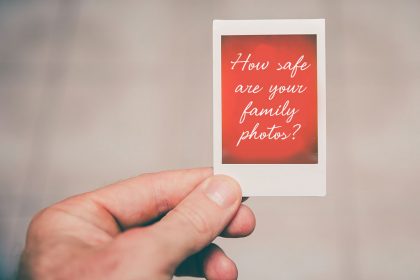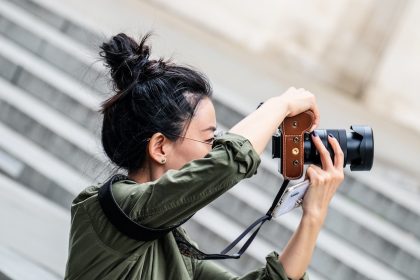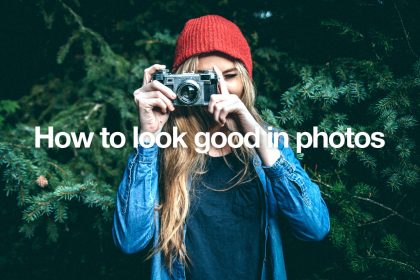Photographer Vicki Couchman
Vicki Couchman is a freelance London-based photographer and single mum. She works for many of the UK’s national papers, including The Sunday Times. She’s also a published author and filmmaker – shooting a documentary for Channel 4. We asked her about her career.
How did you get into photography?
I got into photography through my dad. He was a keen amateur photographer, but I didn’t really know how good he was until his death last year, when I went through all his images stored in the loft and found some fantastic old family photos.
Dad let me use his Praktica camera when I was about 15, and I guess he saw something in me that I enjoyed (I was rubbish academically) and he gently supported me through school and bought me my first camera – a Pentax K1000.
I didn’t ever consider photography as a career. I started art college but didn’t like it, and then coincidently saw a job advertised in the local newspaper for a junior photographer. I applied and got the job on The Isle of Wight County Press. They sent me to photojournalism college to learn about press photography and the law of photography etc.
Once I passed that I got a job on the Brighton Evening Argus as a staff photographer. I was with the Argus for three years and then lost interest in the direction my photography was heading, so I gave up my job to go travelling.
I then discovered there was so many other types of photography I could do, and from that trip I published a travel book called “A Trail of Visions’ which was a photographic journal of my travels. It was a coffee table book, and was the second bestselling illustrated travel book in Christmas 1996.
Why do you love photography?
Because it gives me so such joy and a lot of fun. Having a camera helps me to meet a lot of people. It helps me engage in life around me, and reminds me of good times. It also gets me into all sorts of interesting situations and places – I love it for the access it gives me to others peoples’ lives.
Over the years I’ve seen a lot of changes in photography – from the black and white days, to the change in colour and now digital – so its always a challenge, but in a good way.
Who or what inspires your work?
Elliot Erwit was my first inspiration. I bought a book of his in France while on a school trip and have spent many hours enjoying and laughing at his ability to capture moments of humour.
Also perhaps more obviously, Henry Cartier Bresson and Julia Margaret Cameron were early inspirations. Now my friends around me inspire me, people I meet etc. I don’t obsess about other photographer’s work I just do what I do.
What makes a great photographer?
That’s a tricky question. A good eye, definitely. Skills are of course important too – specialist sports photographers have a whole different skills-set than, say, a portrait photographer or food photographer or wildlife photographer, etc.
What are your favourite types of shoot?
I love reportage shoots – features about people where I might spend a day with someone doing something interesting. It could be beekeeping in Kent or illegal street racing in Moscow.
Ultimately I love a shoot where I have to tell a story through pictures and find the interesting images around what the subject is doing, rather than contrive a portrait in a false environment.
How did your career change after becoming a mum?
It took a while to adjust and to find flexible childcare that could fit around my job. It’s always a juggle and I have had to turn down foreign assignments, especially as I am now a single mum and its more difficult getting childcare to cover being away for periods of time.
Your work involves travel – how to you manage that around childcare?
Well I have and haven’t. Sometimes it has worked out that the job is in the holidays or weekends, so her dad or my mum might look after her. But its tricky as my mum lives on the Isle Of Wight and is nearly 80.
For my last job I was away for nine days, and I was able to pay a friend some money to stay and look after her. But generally this isn’t affordable and I have to turn jobs down.
As a result, my work has now ended up being quite London-based, but when we go away on holidays at least I have a (sometimes willing) subject to include, and I then put those images with a photo library.
What has been your most unusual shoot?
It has to be a sex festival I photographed in Wisconsin, USA for Loaded magazine. Swingstock was a three-day swingers’ festival – basically a sex-fest in the woods of Wisconsin. I barely slept over the three days, I found it so fascinating.
I went there with preconceptions of weirdos that have sex with other people, and came away with the utmost respect for these couples who essentially were just really horny, open and accepting, and had very specific boundaries that kept their sex lives active and enjoyable.
I remember asking one couple what their families would say if they found out about their lifestyle choice, and they replied: “What can they say? They are all divorced, while we have a strong bond and know our boundaries. Traditional heterosexual relationships are so loaded with deceit and affairs, while we are free to enjoy our partners enjoying having sex with other people.” It certainly made me see them in a different light.
You’ve also shot a couple of films. How different was that to photography, and do you want to do more?
It’s a natural progression for me – from still to moving image – and now the cameras I use (Canon 5d Mark 3s) have an amazing filming option on them.
Its easier to get into film, but it’s very different from still photography in as much as there are a lot more things to think about when making films. For example, you need a whole new skill set, including technical knowledge and also creative content. Your films also need to make sense and engage the viewer.
I’m used to making one picture tell the whole story, while film has so many more elements to think about. It’s a lot more work – you have to be multi-skilled or have a great team of skilled people to call on.
I found our latest film to be highly stressful and am sure it will get easier the more I do, but feel that I cannot sustain that amount of stress and remain healthy in mind, body and spirit.
You also travelled to Bangladesh for George recently, to shoot the factories where their clothes are made. What was that like?
It was a really interesting trip. It was mainly about the improvements in the factories and the women’s projects. It was interesting, especially as I saw my daughter’s school trousers being made! I felt a bit emotional as I saw the women who were making them.
George are trying to be more transparent about where the clothes are made, and by who. And I feel they are really making a difference. They’re leading the way for others to follow – setting up schools and crèches, and running women’s projects to give them more ownership of their bodies, health and education.
What’s your big ambition?
That’s a good question. Ultimately to be happy. I’d like to have my images on a billboard across the UK, to live in Sri Lanka and just photograph life around me and do travel features and portraits. Also I’d like to work as director of photography on a feature film.
What draws you to freelancing over employment?
It’s not really a choice as there aren’t many photography jobs out there. But if I was to answer it another way, being my own boss allows me have plenty of spare time (if I choose) to be with my daughter. I don’t earn lot but I have a great work life balance, and ultimately that’s what’s important.
What advice do you have for other freelance mums?
Search out a flexible childminder. Its difficult but they do exist, even if they are not registered childminders. I found mine through word of mouth – she takes my daughter when I need her to, even if I give her an hour’s notice.
Most childminders have strict hours and booking systems, which is understandable, but my work doesn’t allow me to have restricted hours, and would be unaffordable if I had to book a childminder in for days I might not have work.
Also, it’s important to be happy in what you do. Your kid will fit into your life. If you’re stressed about what you do, your kid will feel that, so try and find a place where you can do some work but you are able to give your child your time as well.
And if you have a partner, have the conversation about each of your roles and childcare sharing before you actually have kids.
You can see Vicki’s work on her website.





